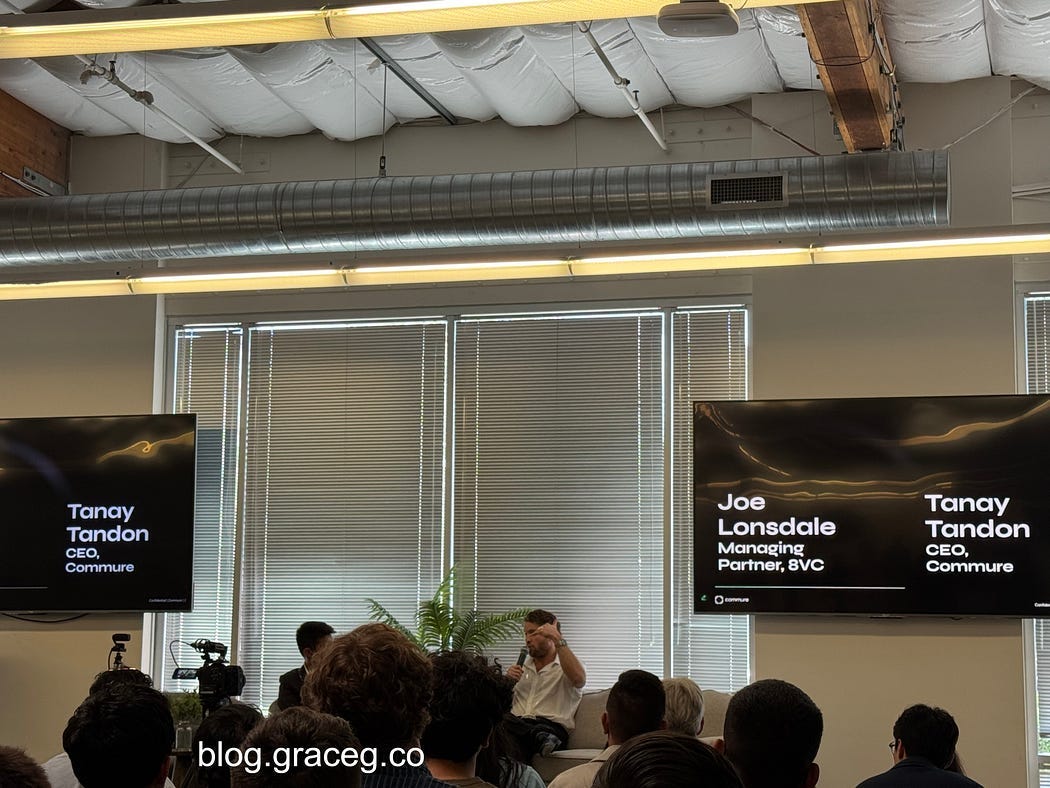Building with Purpose: Lessons from Joe Lonsdale, Cofounder of Palantir
I had the opportunity to hear from Joe Lonsdale, entrepreneur, investor, and cofounder of Palantir. Currently a general partner at 8VC, Lonsdale shared insights on his journey from PayPal to Palantir, his views on government and innovation, and the philosophy that shapes how he builds technology for impact.
Keep reading with a 7-day free trial
Subscribe to The 180° to keep reading this post and get 7 days of free access to the full post archives.


